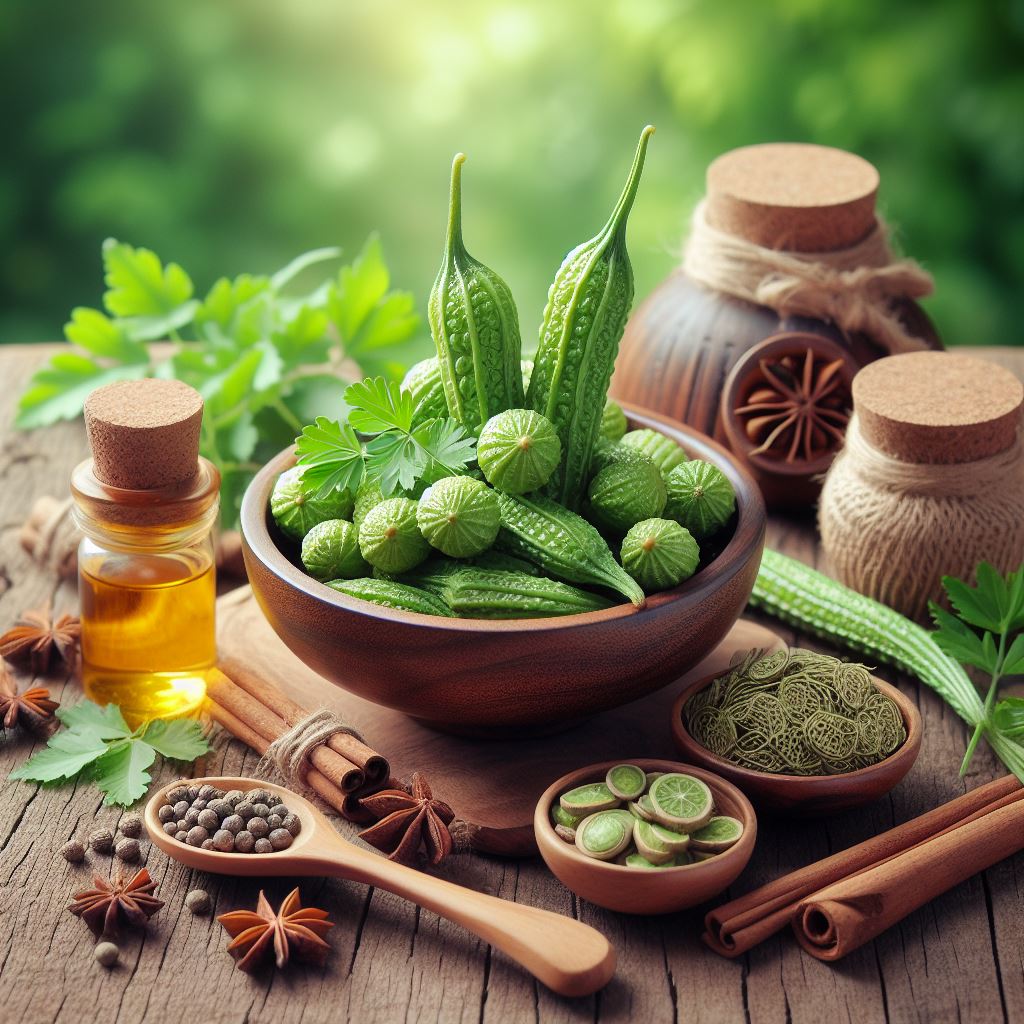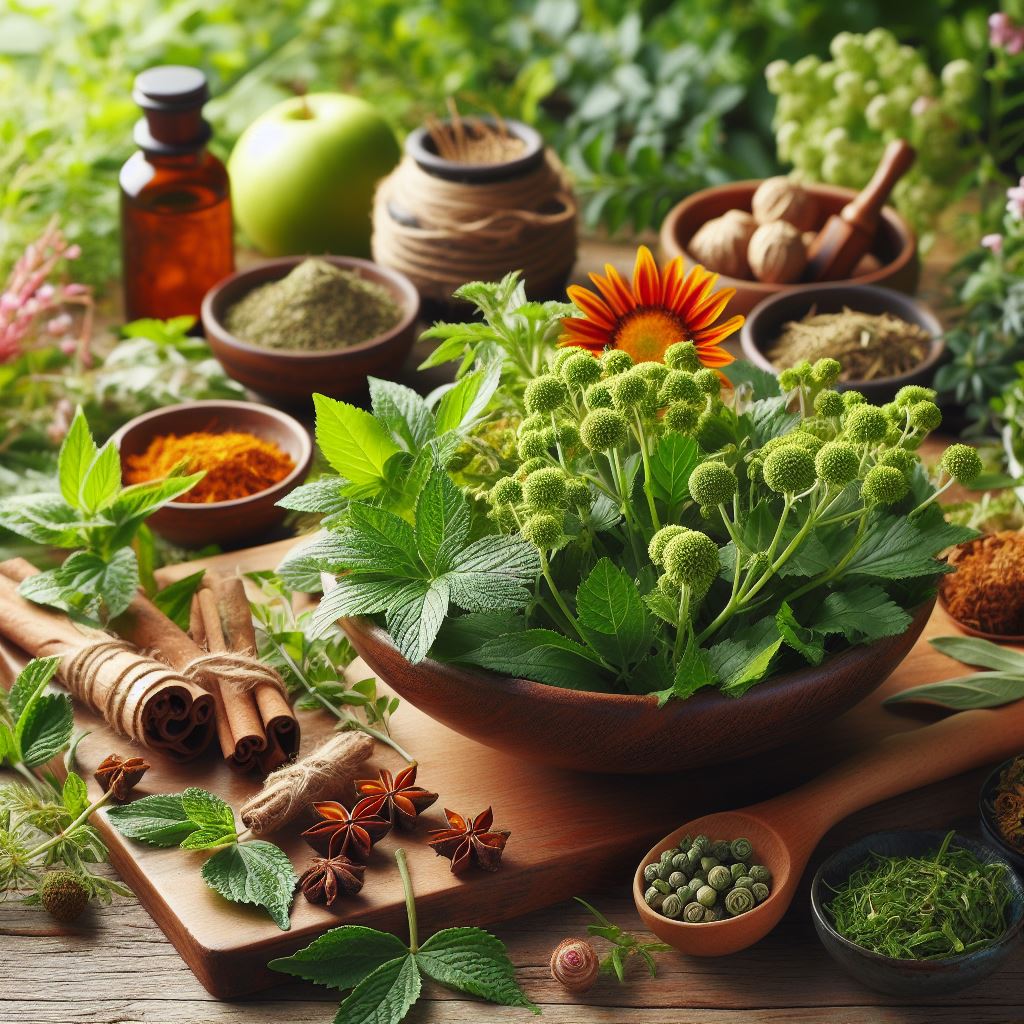

One such herb is amalaki, sometimes referred to as Indian gooseberry or amla. It has been used for generations and is highly valued for its extraordinary health benefits. Come along on a discovery voyage as we explore the intriguing history, extraordinary qualities, and wide range of uses of Amalaki, a forgotten plant that is about to reclaim its rightful place in the world of natural treatments..
-
Use of Amalaki:
Amalaki has been esteemed for millennia in traditional Ayurvedic medicine as a symbol of vitality and rejuvenation. Revered for its potent antioxidant properties, Amalaki is valued for its ability to promote overall health and well-being. It is known to support digestion, boost immunity, nourish the skin and hair, and enhance vitality. Amalaki is often consumed in various forms, including fresh fruit, juice, powder, or as part of Ayurvedic formulations, to harness its myriad health benefits.
-
History of Amalaki:
The history of Amalaki is deeply rooted in ancient Indian culture, dating back thousands of years. References to Amalaki can be found in ancient Ayurvedic texts like the Charaka Samhita and Sushruta Samhita, where it is extolled for its rejuvenating properties. Legend has it that Amalaki originated from drops of heavenly nectar spilled during a celestial battle, imbuing it with divine healing powers. Over the centuries, Amalaki has been cherished as a sacred fruit of vitality and longevity, passed down through generations for its profound effects on health and wellness.
-
Some Important Facts about Amalaki:
- Rich in Vitamin C: Amalaki is one of the richest natural sources of vitamin C, containing up to 20 times more vitamin C than oranges. This potent antioxidant helps neutralize free radicals, strengthen the immune system, and promote collagen production for healthy skin and hair.
- Adaptogenic Properties: Amalaki is classified as an adaptogen, meaning it helps the body adapt to stressors and maintain balance. It supports the body’s resilience to physical, mental, and emotional stress, promoting overall well-being.
- Digestive Health: Amalaki supports digestive function by stimulating the secretion of digestive enzymes, improving nutrient absorption, and relieving symptoms of indigestion, bloating, and acidity.
-
Some Research with Dates for Amalaki:
- 2008: A study published in the Journal of Medicinal Food investigated the antioxidant and anti-inflammatory effects of Amalaki, demonstrating its potential in reducing oxidative stress and inflammation associated with chronic diseases.
- 2014: Research in the Journal of Ethnopharmacology explored the hepatoprotective effects of Amalaki in animal models, suggesting its ability to protect the liver from damage caused by toxins and oxidative stress.
- 2019: A systematic review published in the Journal of Ayurveda and Integrative Medicine evaluated the pharmacological properties of Amalaki, highlighting its traditional uses and modern applications in promoting health and well-being.
-
Diseases where Amalaki can be Helpful:
- Immune Disorders: Amalaki’s high vitamin C content and antioxidant properties bolster the immune system, making it beneficial in preventing and managing immune-related disorders such as colds, flu, and allergies.
- Skin and Hair Conditions: Amalaki nourishes the skin and hair from within, promoting collagen production, improving skin texture, and preventing premature aging. It is also used to treat various skin ailments like acne, eczema, and hair loss.
- Metabolic Disorders: Amalaki supports metabolic health by regulating blood sugar levels, improving lipid profiles, and enhancing insulin sensitivity, making it useful in managing conditions like diabetes and obesity.
-
Quotes on Amalaki:
“In the embrace of Amalaki, lies the essence of vitality and longevity, nurturing body, mind, and spirit.” – Unknown
“Let Amalaki be thy tonic of wellness, awakening the body’s innate healing wisdom and vitality.” – Anonymous
“Like the celestial fruit from the heavens above, Amalaki bestows its blessings of health and rejuvenation upon all who partake.” – Anonymous
-
In Conclusion:
Through history, amalaki appears as a timeless representation of life and renewal that is just waiting to be rediscovery and fully appreciated for its potent restorative properties. Modern research and its rich history together highlight its potential to support holistic wellness and vitality. Let us answer the invitation to reestablish our relationship with Amalaki, respecting its history as a fruit of health and opening its mysteries with reverence and curiosity.






